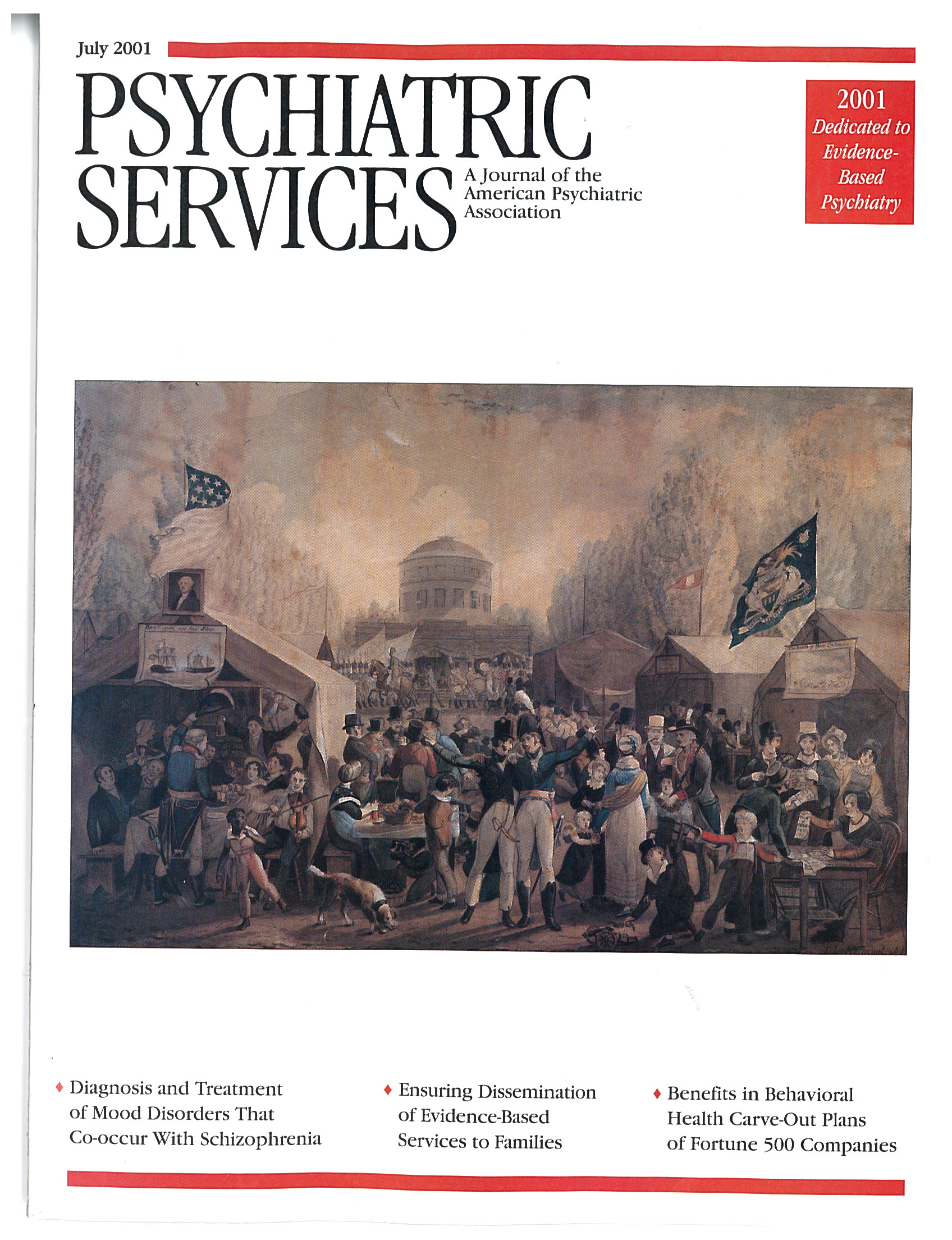In Stalking the Soul, French psychiatrist and psychoanalyst Marie-France Hirigoyen applies her studies in victimology to the troubling subject of emotional abuse. Dr. Hirigoyen is not referring to the thoughtless or nonempathic behavior that periodically emerges in most relationships and that may be annoying or even temporarily hurtful. She focuses on the actions of a perpetrator she refers to as a "perverse abuser." The perverse abuser is one who is intent on the destruction of another. He or she manipulates, distorts, and controls another human being without feeling guilt or regret. Hirigoyen asks the reader to consider the problem of human evil, that force which allows one person to purposefully murder the soul and drain the life energy of another.
The abuser Hirigoyen describes is a narcissist who envies the life energy of the victim and feels compelled to drain the victim of all that is good and joyful. Like a vampire, the abuser feeds on the lifeblood of the victim, ultimately destroying the victim before moving on. Hirigoyen discusses in detail the tactics the abuser uses in the pursuit of control and domination. As an observant clinician, she manages to capture the essence of both the abuser's charm and his or her ultimate destructiveness. Techniques that distort reality and cause the victim to doubt his or her most intimate perceptions are part of the repertoire of emotional abuse. Hirigoyen elucidates the face of emotional abuse as it reveals itself in the family, in the workplace, and in romantic relationships.
The picture painted by Hirigoyen helps to explain the horror victims express when they discuss emotional abuse. At Community Connections, a nonprofit mental health clinic in Washington, D.C., where I work, clinicians lead trauma recovery and empowerment groups with women who have experienced sexual or physical abuse. Over the course of the 33-week intervention, many participants confide that the most damaging abuse they have endured has been emotional. Emotional abuse has robbed them of a sense of hopefulness about the future and has made them doubt that they have any worthwhile contribution to make or any right to go on living and asking for help. Clinicians who have questioned whether emotional abuse could possibly be as damaging as physical or sexual assault need only read of the human devastation detailed in Stalking the Soul.
Because her training is in psychiatry and not philosophy or religion, Hirigoyen approaches the discussion of emotional abuse from a clinical perspective—and therein lie both the strength and the weakness of her book. She gives us a road map for understanding the damaging and destructive behavior of the "perverse abuser" and also highlights the responses of those who fall victim to such an abuser. At times, however, the reader might wish that the author would leave the consulting room for a moment and address the more philosophical issue of evil itself. Hirigoyen's options for intervention, addressed only briefly at the end of the book, seem almost anemic compared with the potent problem she has illuminated. After facing images of the devil, the reader, equipped with solutions no more powerful than traditional psychotherapy, is likely to feel poorly armed.

